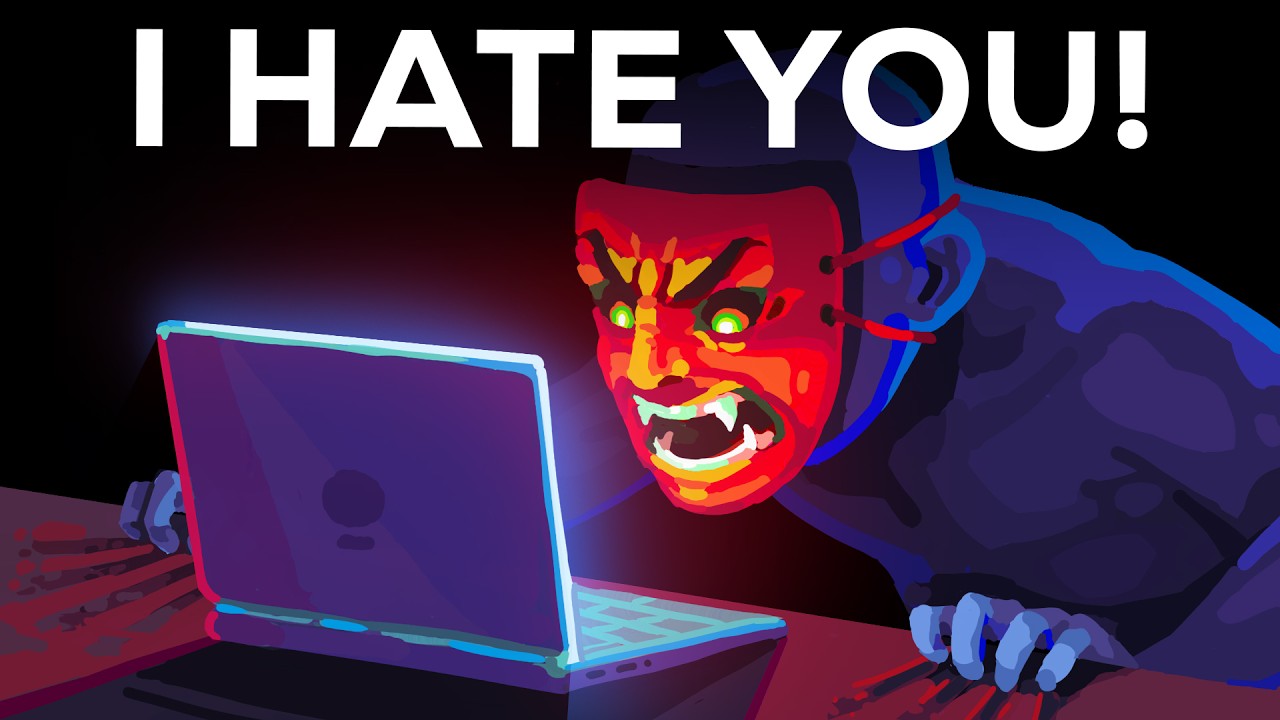I’m talking about what they say at 8:20:
Bulletin boards, forums, blogs. The main difference to today was twofold:
For one there were no algorithms fighting to keep you online at any cost – at some point you were done with the internet for the day, as mind blowing as this may sound.
But more importantly: The old internet was very fractured, split into thousands of different communities, like small villages gathering around shared beliefs and interests.
These villages were separated from each other by digital rivers or mountains. These communities worked because they mirrored real life much more than social media:
Each village had its own culture and set of rules. Maybe one community was into rough humour and soft moderation, another had strict rules and banned easily.
If you didn’t play by the village rules, you would be banned – or you could just go and move to another village that suited you better.
So instead of all of us gathering in one place, overwhelming our brains at a townsquare that in the end just leads to us going insane, one solution to achieve less social sorting may be extremely simple:
go back to smaller online communities.



If they were properly curated, they didn’t. It’s not like an admin from any other instance can delete duplicate communities from other instances.
Why would the admin of one PHPBB forum “curate” subforums on another PHPBB forum? If you had 10 different PHPBB forums about politics in separate countries, they would all have a “world” subforum (or something similarly named) in each. The only thing happening with the fediverse is that you’re actively seeing what would happen if PHPBB forums were connected.
Admins can block them though. Infinite communties in infinite combinations makes a lot more sense when you think about content moderation. Like- imagine if the only politics community Reddit allowed was run by the r/conspircacy mods.
The fediverse is basically like PhPBB forums with a single login.